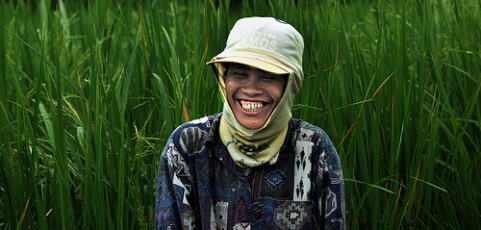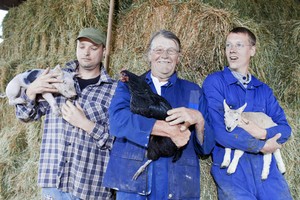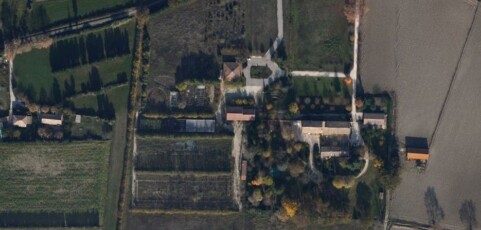Recognizing the urgent need for capacity building in agroecology the Third World Network organized training courses to equip key actors with a comprehensive understanding of the principles and concepts of agroecology and to provide evidence of success through illustrative examples. This booklet describes the main learning points from the training courses held in Indonesia (2013) and in Zambia (2015)
Biointensive Agriculture Training Program in Kenya
Manor House Agricultural Center provides training in low input farming as an alternative to conventional methods, which are heavily reliant on external inputs. Farmers practicing biointensive farming techniques experience significant yield increases and improved soil fertility and grow more nutritious crops. Since 1984, over 100,000 farmers have received this training, and an estimated 200,000 households now use methods of biointensive agriculture.
Building, defending and strengthening agroecology
This publication is based on a research conducted on the meaning and politics of agroecology from social movement perspectives.
Read more
Locally rooted: ideas and iniatives from the field
Family farmers and the many ways in which they contribute to food security, healthy landscapes and thriving rural communities can be supported in a number of ways. These are some initiatives from around the world.
Ten qualities of family farming
Even in the International Year of Family Farming there is confusion about family farming. What is it, and what distinguishes it from entrepreneurial farming or family agribusiness? Read more
La Durette, a pilot agroecological farm
La Durette is a pilot farm in agroecology located in Avignon, France. Its aim is to set up innovative mediterranean agricultural systems, mixing crops under agroforestry in various designs – mainly fruits and vegetables, and integrating animals into the systems.





